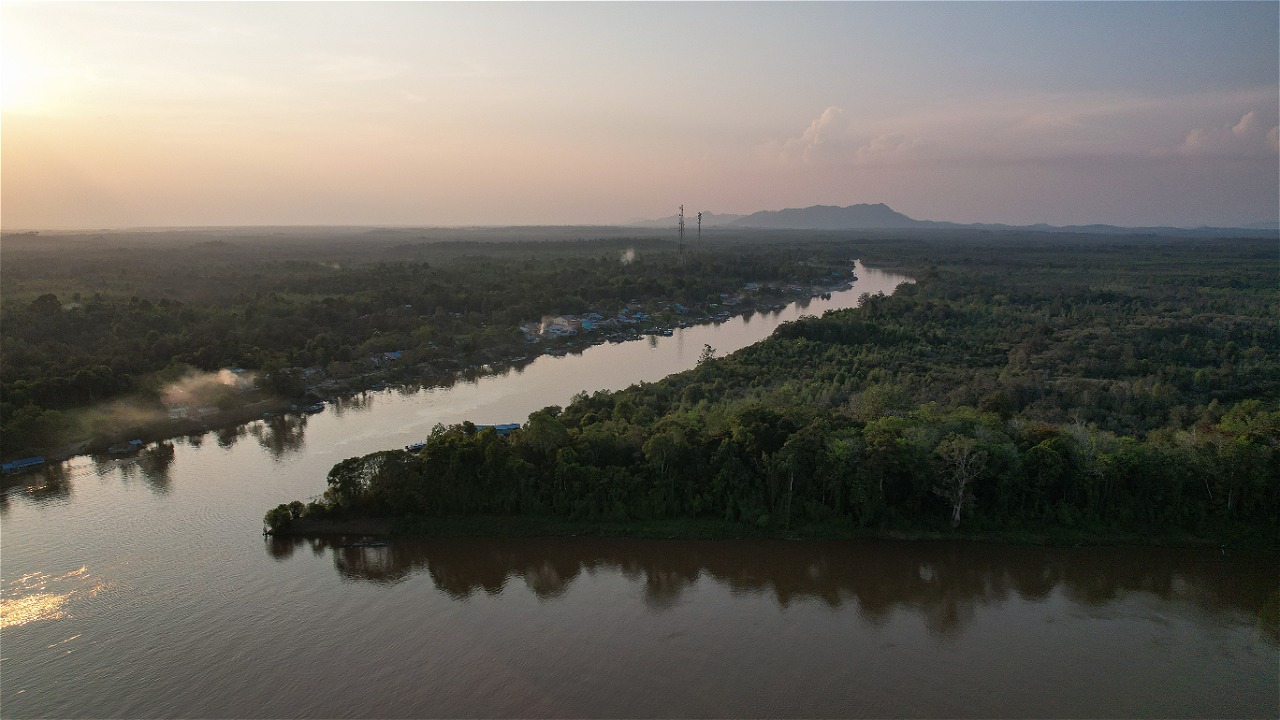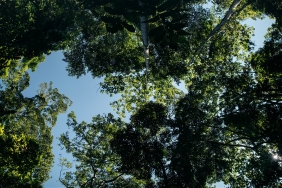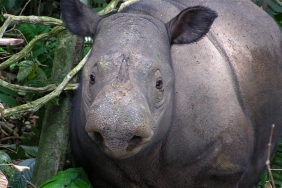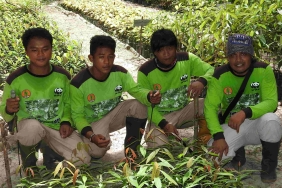SINTANG GOVERNMENT FINALIZES SERAWAI-AMBALAU KSK-LHK DRAFT
SINTANG - The Sintang District Government held the Second Phase of Public Consultation on the Serawai-Ambalau District Strategic Area for Environment and Forestry (KSK-LHK), Thursday (12/4). This is in line with the stipulation of Regional Regulation Number 20 of 2015 concerning the Regional Spatial Plan (RTRW) of Sintang Regency.
The public consultation was held with a number of objectives. Among other things, to capture input, suggestions, and proposals for improvement from the parties to improve the KSK-LHK Serawai Ambalau document.
"We hope that this activity can provide an understanding to the parties present, regarding the aims and objectives and the contents of the more detailed and operational KSK-LHK Serawai-Ambalau RTR Policy Document," said the Regent of Sintang, Jarot Winarno.
According to Jarot, Regional Regulation No. 20/2015 has clarified the direction of space utilization and control for various development interests. In the context of controlling space utilization, four KSKs have also been established. Namely, KSK for economic interests (Agropolitan), KSK for Economic Interests (Agriculture and Plantations), KSK for Tourism Interests, and KSK for Environmental and Forestry Interests.
KSK-LHK is an area that has important value for environmental sustainability. Spatial planning of this area is prioritized because it has an important influence on environmental conditions within the district scope.
"We project it to be located in Serawai and Ambalau Districts covering an area of 781,788.74 hectares. This area plays a strategic role as a life support system protection area, especially protection for downstream areas, "he said.
WWF-Indonesia has partnered with the Sintang Regency Government since August 2017, assisting the local government in the preparation of technical and academic documents and the Strategic Environmental Assessment (KLHS) of the Serawai and Ambalau KSK-LHK.
"Previously, for 2 years (2014-2015) WWF and the Sintang District Government have also worked together in the preparation of the Sintang District Spatial Planning which was stipulated at the end of 2015 through Regional Regulation Number 20 of 2015," said West Kalimantan Program Manager, WWF-Indonesia, Albertus Tjiu.
He further explained that the KSK-LHK is also an important area in the protection of ecological sustainability in Sintang District, where the Muller Ecosystem Area (KEM) which is a national strategic area (KSN) of the Heart of Borneo (HoB), as the main protection zone. This policy directive is also an operationalization of the Kalimantan Island Spatial Plan policy contained in Presidential Regulation No. 3/2012.
Muller-Schwaner Arabela Program Coordinator, WWF-Indonesia West Kalimantan Program, Uray M. Hasbi said that WWF technically provides support and assistance to the district government in collecting field data, conducting socialization and consultation meetings at the sub-district level, even both the district government and WWF also visited several villages in both sub-districts to see the factual conditions in the field.
"Direct visits to locations or villages that are important areas in the KSK-LHK, are important to ensure that more detailed spatial planning for the next 20 years has also accommodated the aspirations of the community, by seeing and assessing the potential and existing field conditions," Hasbi explained.
In realizing the objectives of spatial planning, said Hasbi, there are at least five strategic approaches that will be taken. The five approaches include (i) Development of the function of the area as an important biodiversity protection site; (ii) Development of the function of the area as an important ecosystem protection site; (iii) Development of the function of the area as an important landscape protection site; (iv) Realization of the area as an area that provides protection for sources of fulfillment of the basic needs of local communities, and; (v) Realization of the area as an area that provides protection for the interests of local customs and culture.
For more information, please contact:
Uray M. Hasbi (Muller Schwaner Arabela Landscape Program Coordinator)
WWF-Indonesia West Kalimantan Program
Jl. Karna Sosial Gg. Wonoyoso II No. 3 - Pontianak
HP: 0811574488 | Email: umhasbi@wwf.id





